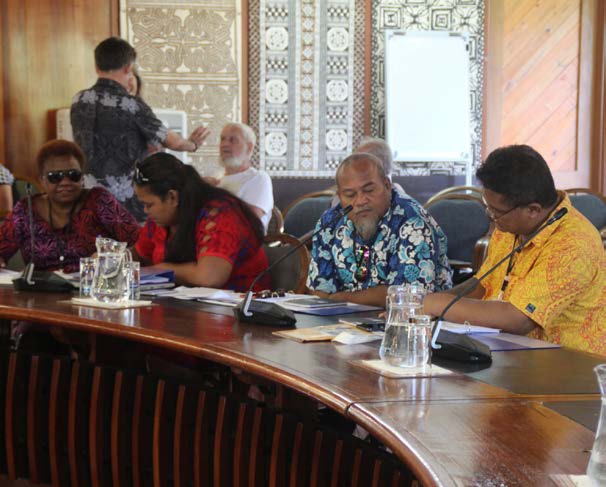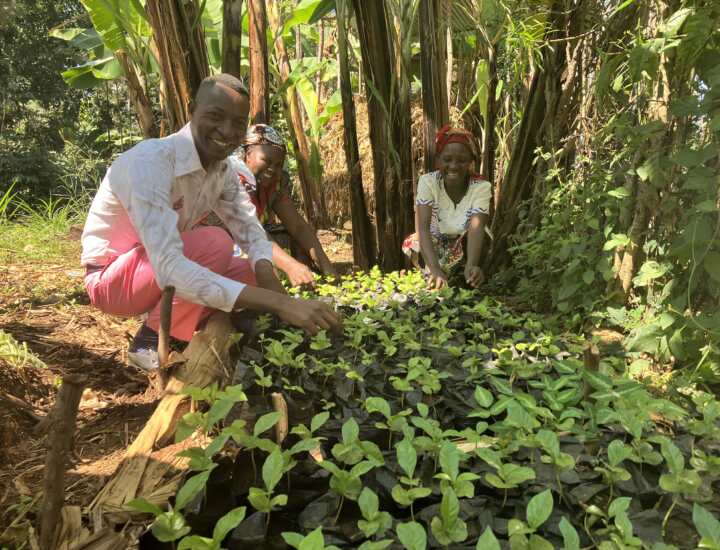Partnering for strengthened outcomes and impact
No one should be isolated or marginalised just because they have a disability. Our community-level programs provide opportunities for people with disabilities in developing countries to understand their rights, access opportunities and become agents for local change. CBM works with local partners including local Organisations of People with Disabilities (OPDs), so that people with disabilities influence local decisions, including how we work.
CBM Australia supports people with disabilities and their families to take pathways out of poverty and exclusion, ultimately benefiting the whole community. We strive for social justice and to end the cycle of poverty and disability.
COVID-19 set CBM and our partners a clear challenge: to make sure no one was left behind in country-level responses. The pandemic exposed gross inequality and highlighted discrimination faced by people with disabilities.
International programs and Inclusion Advisory Group
CBM’s International Programs (IP) and Inclusion Advisory Group (IAG) responded swiftly to the pandemic. IP partners adapted work in eye health, inclusive community initiatives, mental health and humanitarian responses. We were thrilled that the Department of Foreign Affairs and Trade (DFAT) allowed flexible use of our Australian NGO Cooperation Program (ANCP) grant. Partners addressed new and pressing needs such as accessible public health messages, protective personal equipment (PPE), emergency provisions and additional training.
IAG programs focused on ensuring that people with disabilities were included in the COVID-19 responses of other organisations, including the Australian Government. IAG worked with OPDs across the Indo-Pacific to conduct a rapid-needs assessment for DFAT, highlighting the urgent needs of people with disabilities.


How CBM is approaching its capacity strengthening work with OPDs
At the 2021 Global Disability Summit, CBM Global made significant commitments to advance the capacity and effectiveness of Organisations of People with Disabilities (OPDs). These commitments included promoting underrepresented groups, increasing funding to support OPDs’ priorities, modelling accessibility, and ensuring appropriate feedback loops. As well as engaging OPDs consistently in our advisory and advocacy work, our programming work has seen a doubling in the number of OPDs taking the lead on CBM Global projects.
Here’s a closer look at how we are enhancing our capacity strengthening work with OPDs to ensure effectiveness and sustainability.
